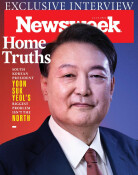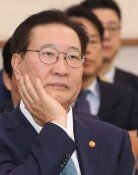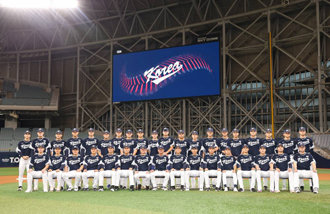Report Criticizes State of Intl Schools in Korea
Report Criticizes State of Intl Schools in Korea
Posted February. 20, 2008 05:09,
A study released yesterday said international schools in Korea cost more than those in other Asian countries that compete for foreign investment, and criticized government policies and regulations for the schools.
The Dong-A Ilbo obtained an exclusive look at a report by the Korea Chamber of Commerce and Industry saying Seoul International School, the best of its kind in Korea, cost 23,390 to 28,378 U.S. dollars a year in 2006. That price is much higher than for schools in Hong Kong (9,708-12,085 dollars), Singapore (20,584-23,327 dollars), Japan (21,230 -22,409 dollars) and China (21,680-23,180 dollars).
Moreover, international school administrators in Korea gave a rating of 2.07 to government policies and regulations on a five-point scale, or 41.4 points on a 100-point scale.
The chamber conducted the survey on behalf of the Commerce, Industry and Energy Ministry in November last year. Administrators at 22 out of 44 international schools in Korea participated.
Of those surveyed, 78.6 percent called incomplete accreditation for advancing to a higher institution as the most serious problem facing domestic international schools.
Graduates of international schools in Korea must take the U.S. General Educational Development exam since their schooling is not accredited. On the other hand, Hong Kong and Singapore accredits the curricula of their international schools, and China and Japan relegate such authority to principals.
International school administrators in Korea also complained about the harsh admission requirements for Korean nationals (57.1 percent) and lack of legal support and institutions (42.9 percent).
A Korean student who wishes to attend a domestic international school must prove that he or she lived abroad for at least five years. Korean corporations, however, send their employees on overseas assignments for an average of three years only.
An education law amended in 2002 allows systematic legal codes to be set by executive orders for international schools. But relevant laws have yet to be enacted.
Unlike Korea, Hong Kong and Japan allow students fluent in foreign languages to attend international schools. Singapore grants admission to those who have lived in a foreign country for three years or more.
Due to tough Korean regulations, only 8,213 of 24,407 children of officers working in Korea from a member state of the Organization for Economic Cooperation and Development are enrolled in domestic international schools.
The other 16,194 students remain in their native countries apart from their parents to go to school.
abc@donga.com
Headline News
- Pres. Yoon addresses the nation at a press conference
- LX Group chairman gifts 100 million won to employee family welcoming quadruplets
- Tax-exempt shared offices in rural areas misused as tax havens
- President-Elect Trump promises 'peace through strength'
- French gambler wins 67.2 billion won by betting on Trump’s election win







